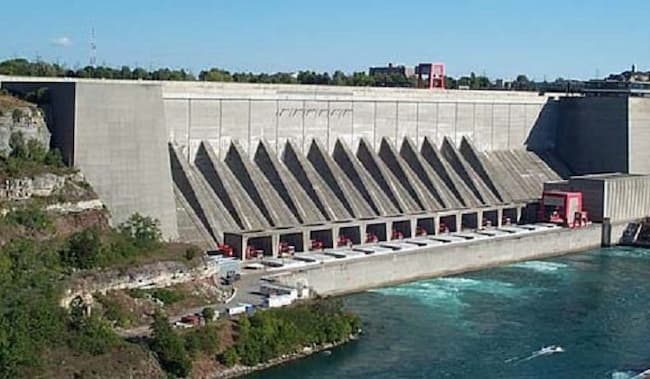The management of Egbin Power Plc says a huge debt of N388bn being owed by the Nigerian Bulk Electricity Trading (NBET) Plc as well as poor supply of gas to plants are affecting power generation.
The company highlighted these on Tuesday during an oversight visit by the Senate Committee on Privatisation, led by its Chairman, Senator Theodore Orji, to the power station in Ikorodu, Lagos.
The government-owned NBET buys electricity in bulk from generation companies through Power Purchase Agreements and sells to the distribution companies, which then supply to the consumers.
Egbin is the biggest power station in Nigeria and is one of the operating entities of Sahara Power Group, which is an affiliate of Sahara Group.
The Group Managing Director, Sahara Power Group, Mr Kola Adesina, told the lawmakers that the total amount owed to Egbin by NBET included money for actual energy wheeled out, interest for late payments and available capacity payments.
The company said from 2020 till date, the plant had been unable to utilise 175MW of its available capacity due to gas and transmission constraints.
READ ALSO: Stock Exchange Records Trade Loss Of Over N24bn
Adesina said, “At the time when we took over this asset, we were generating averagely 400MW of electricity; today, we are averaging about 800MW. At a point in time, we went as high as 1,100MW. Invariably, this is an asset of strategic importance to Nigeria.
“The plant needs to be nurtured and maintained. If you don’t give this plant gas, there won’t be electricity. Gas is not within our control.
“Our availability is limited to the regularity of gas that we receive. The more irregular the gas supply, the less likely there will be electricity.”
Adesina said, “Unfortunately, as of today, technology has not allowed power of this size to be stored; so, we can’t keep it anywhere.
“So, invariably, we will have to switch off the plant, and when we switch off the plant, we have to pay our workers irrespective of whether there is gas or transmission.
“Sadly, the plant is aging. So, this plant requires more nurturing and maintenance for it to remain readily available for Nigerians.
“Now, where you have exchange rate move from N157/$1 during acquisition in 2013 to N502-N505/$1 in 2021, and the revenue profile is not in any way commensurate to that significant change, then we have a very serious problem.”












